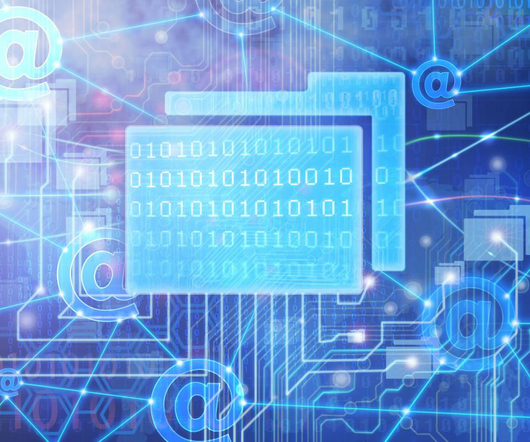APT trends report Q2 2023
SecureList
JULY 27, 2023
The most remarkable findings Early in June, we issued an early warning of a long-standing campaign that we track under the name Operation Triangulation , involving a previously unknown iOS malware platform distributed via zero-click iMessage exploits. Kaspersky employees were also affected by this threat.











Let's personalize your content